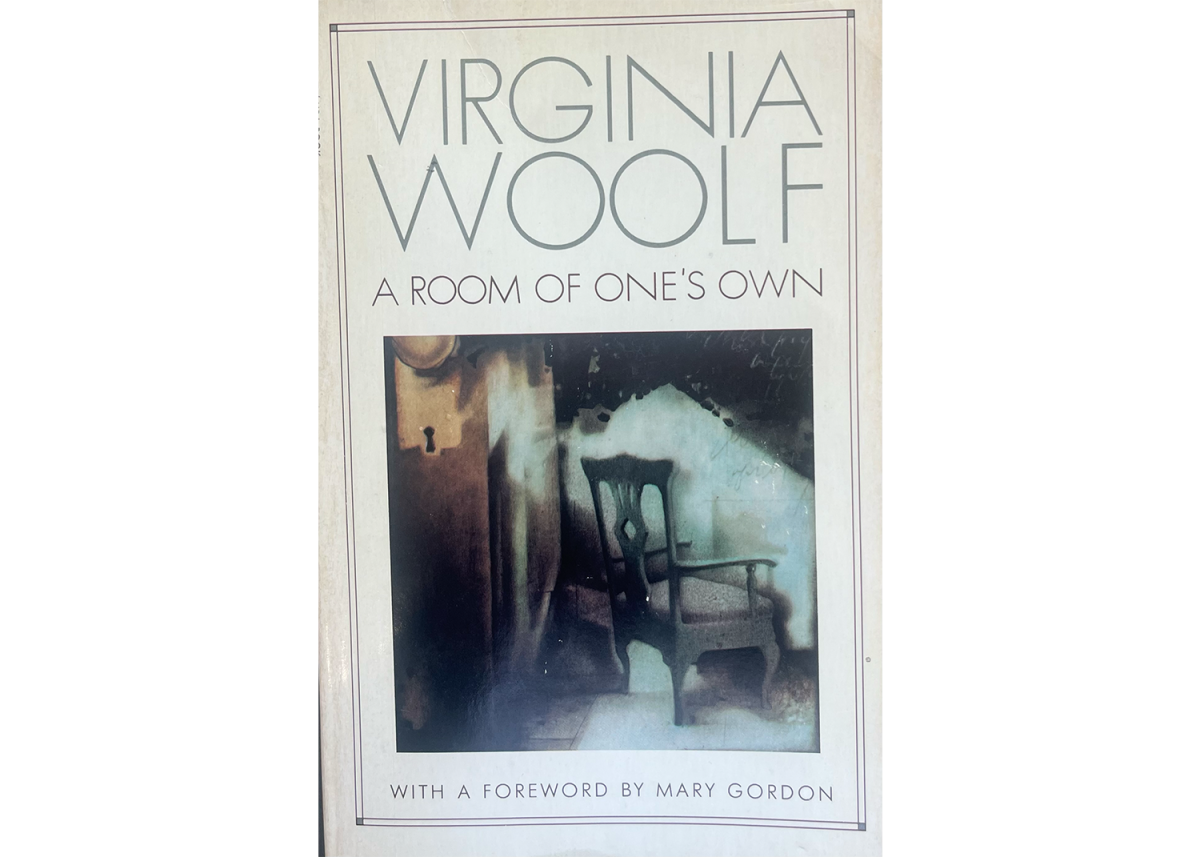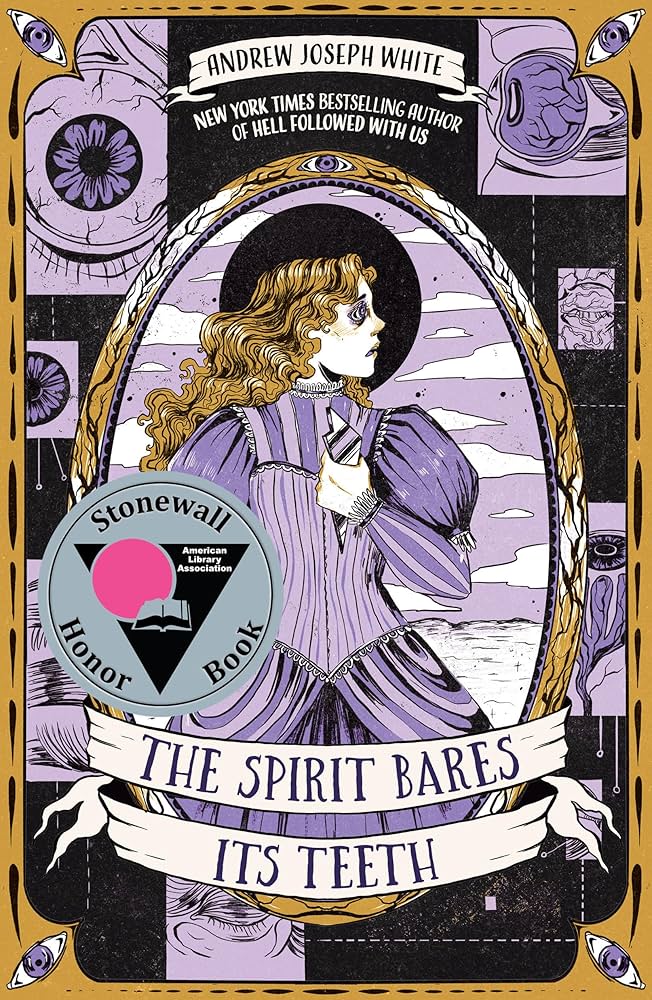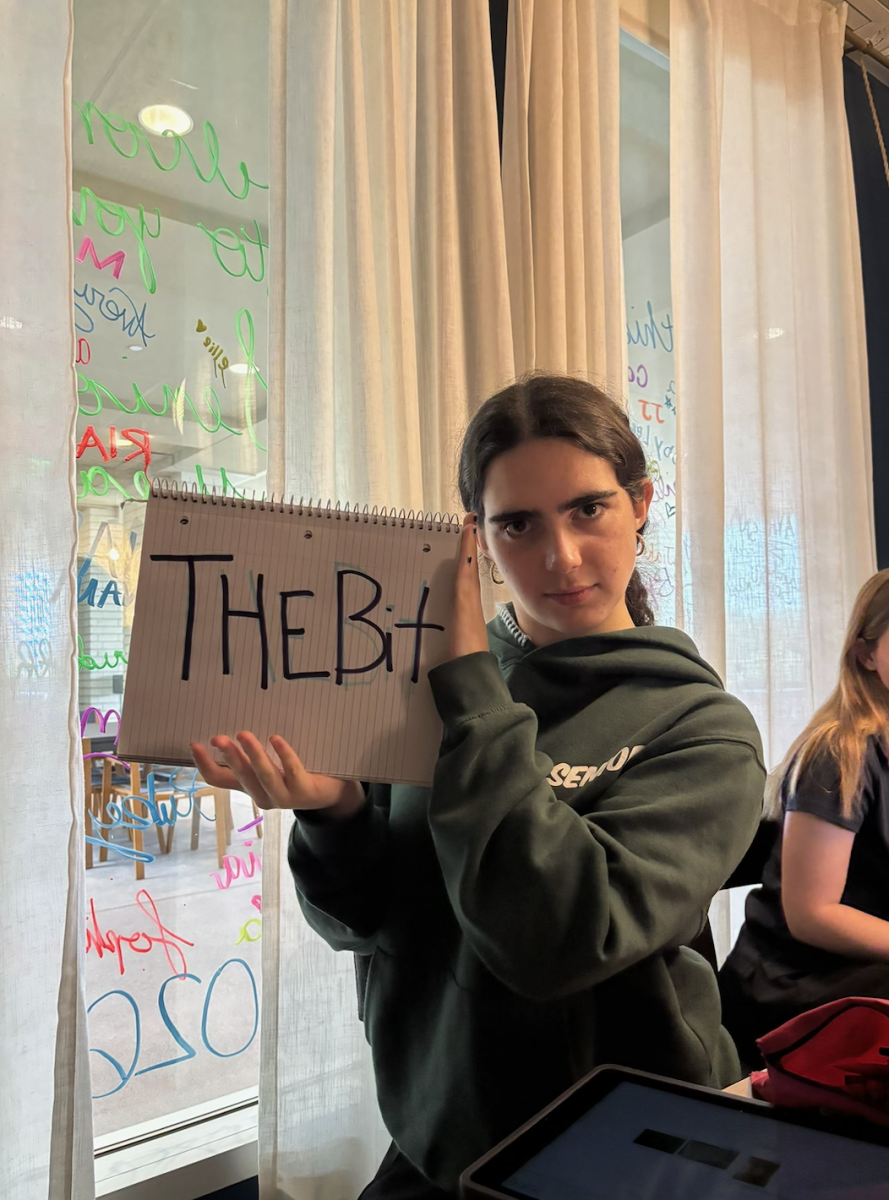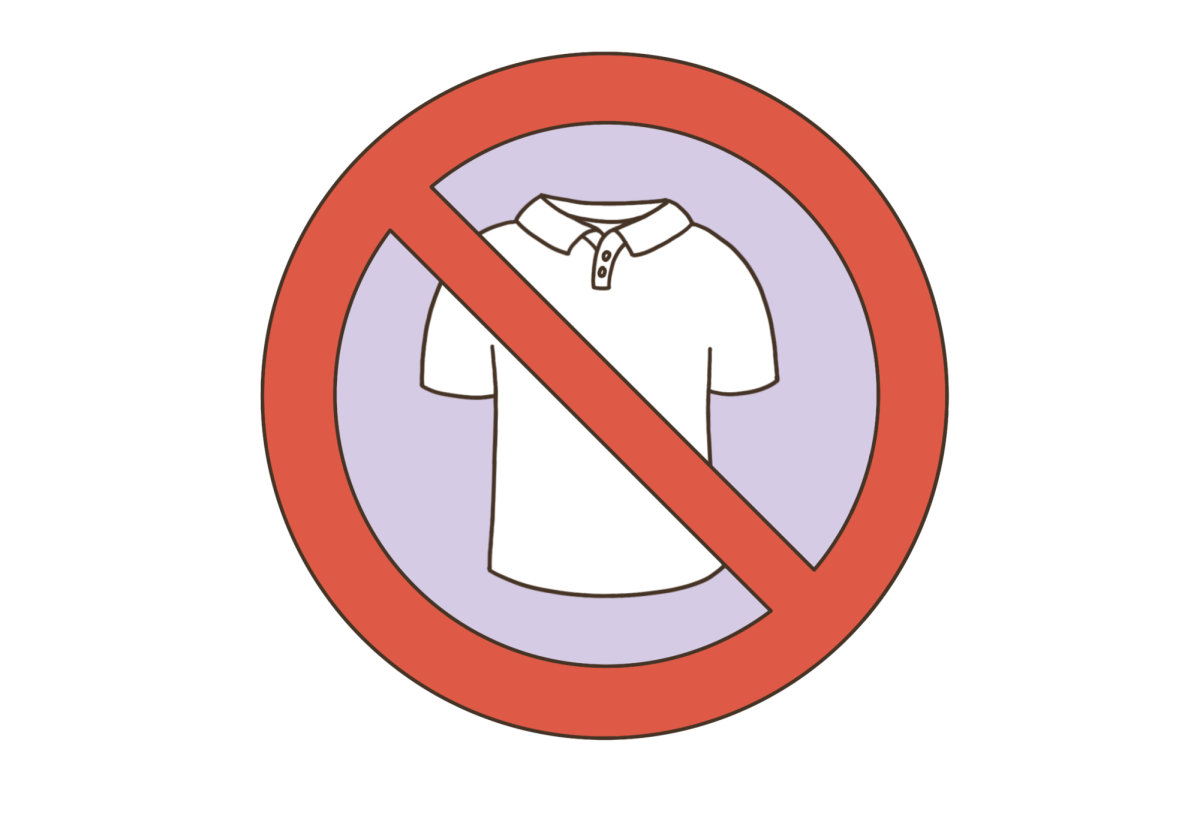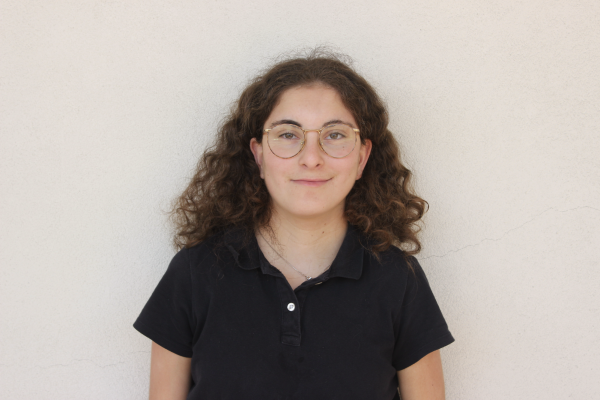To be perfectly honest, I didn’t read as many books this summer as I thought I would. Most of my time was spent binge-watching old shows, catching up on sleep and procrastinating school work. Of the books I did read, some were horrible and some were just boring, but from that trench of disappointment came the following three good books.
“Charlotte Illes Is Not a Detective” by Katie Siegel
I first learned about this book from the author’s TikTok account, where she filmed a series of videos on it, which I highly recommend watching after finishing the book. It is a contemporary fiction about a washed-up kid detective, Char- lotte Illes. Charlotte had the whole setup — the “office” in her garage, the blue landline, the pet bunny sidekick. But eventually, she grew up. The folding chairs and table were repurposed, the landline for- gotten, and well, Rusty the rabbit had a good life. Now 25, recently unemployed and living with her mother, Charlotte’s life purpose is proving a bit harder to track down than missing objects. Until that old landline rings again, and her brother calls with a case. But now, it’s not just textbooks and the oc- casional diamond ring going miss- ing, and her detective skills might just be the only thing capable of catching a killer. From complicated friendship dynamics to fabulously quirky chapter titles, this book is a brilliant debut novel and one of my new favorites.
“Labyrinth Lost” by Zoraida Córdova
The book is based in Latin American folklore and cultures. It follows Alejandra “Alex” Mor- tiz, a 16-year-old bruja (“witch” in Spanish) from Brooklyn. Ironically, Alex hates magic, and she plans to return her magic to the gods. Ulti- mately, the tables turn and it’s her family she sends away to Los Lagos, a place even her gods don’t enter. With no one but Nova, a brujo she can’t trust, and Rishi, her friend who has never known about her family, Alex travels into the dangerous Los Lagos to save her fam- ily. The best adjective I have for this book is “fascinating.” Despite being a bit slow at the start, it has an intriguing take on mythology, along with the importance of fam- ily and self-identity. I recommend it to anyone looking for something simple and fun to read.
“A Room of One’s Own” by Virginia Woolf
Woolf analyzes the way in which feminism and gender relate to writing and fiction. “A Room of One’s Own” is the fiercely writ- ten manifesto of a woman who has been invited to give speeches in a college but cannot even enter the library without a man escort- ing her. Woolf debates how soci- ety’s view of women impacts their ability to travel, write and even live. The essay provides a fasci- nating insight into women’s rights throughout history and the issues concerning those rights that are still prevalent. Woolf also explores gender, creativity and societal lim- its through a more hypothetical lens.
Katie Siegel’s ability to cre- ate realistic characters, the blend of cultures that make up Zoraida Córdova’s world and the prose of Virginia Woolf’s essays make each work enticing and fantastic.

